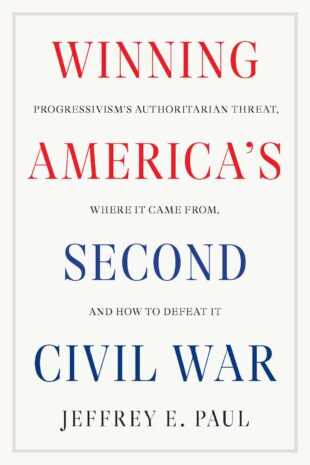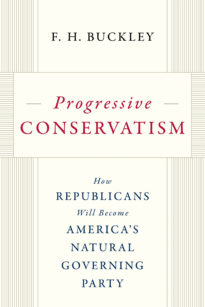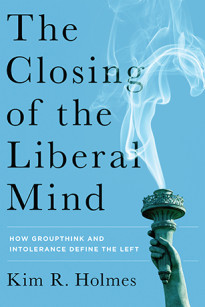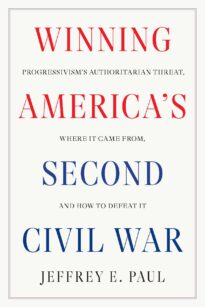Today’s political and cultural divisions leave many wondering how America could have arrived at its present state. This book traces the source to an unlikely historical accident.
The founding principles of the American Revolution—that all individuals have unalienable natural rights to life, liberty, and the fruits of their labor, and that governments should exist only to protect these rights—were a singularity in human history. The nation’s failure to secure the slaves’ equal rights to self-ownership led to a civil war and the constitutional recognition of this vital principle. And yet, scarcely four decades later, social science faculties at the country’s top colleges and universities repudiated the country’s founding principles.
The cause of this startling change was the education that hundreds of American college students and graduates received in German universities in the late 19th century. Germany’s professoriate was dominated by state socialists who taught that individuals had no natural rights, only privileges granted to them by the government. American students absorbed these beliefs and after their return, established this country’s first graduate-level programs, seeding the first generation of PhDs. Inventing the name “progressives” for themselves, their goal was to recast America’s governmental and economic institutions in the image of Germany’s authoritarian government and oligarchical society. Higher education was transformed with disastrous results for the humanities and social sciences. Generation after generation of students, including those who went on to teach, abandoned this country’s traditional relationship of the individual to the state.
Over the next several decades, American politics, journalism, law, and education evolved in directions inimical to the nation’s founding principles, leaving the country increasingly fractured—not unlike the decades leading up to the first Civil War. This book traces those changes, offering ways to alter the trajectory of today’s political and educational culture. It includes a proposal to eliminate personal and corporate income and payroll taxes and raise today’s government revenues with a low (1%) universal sales tax.












